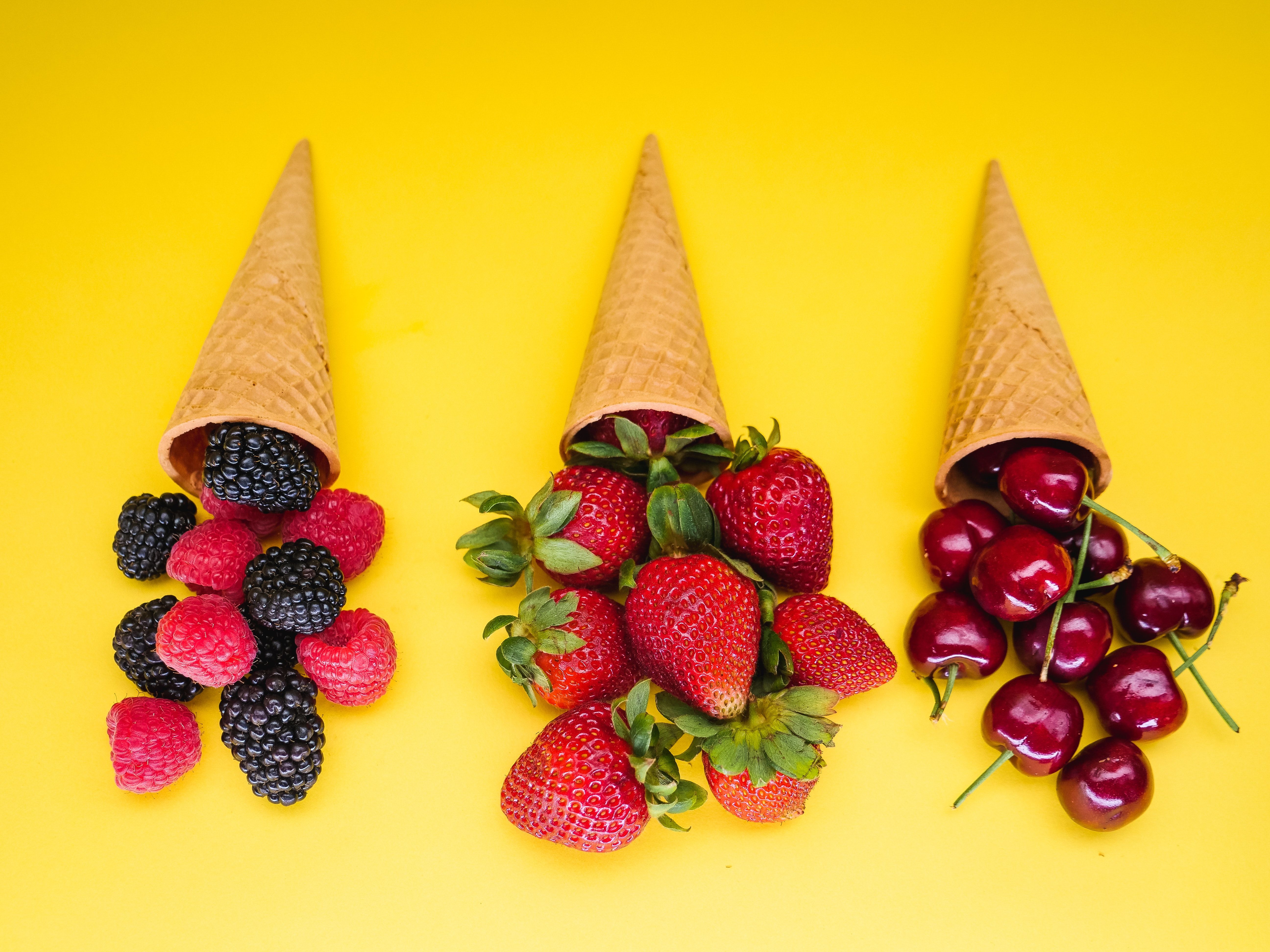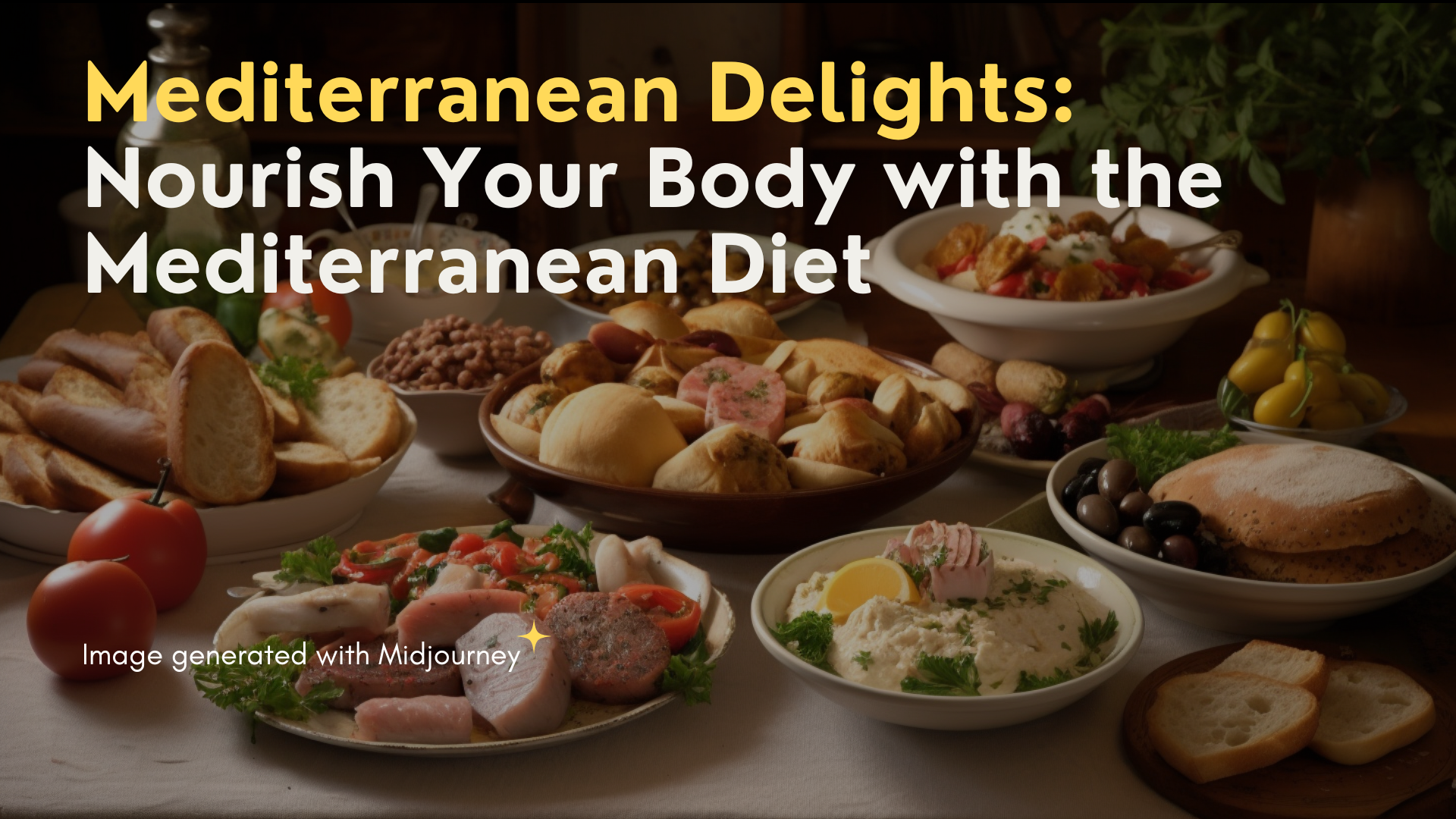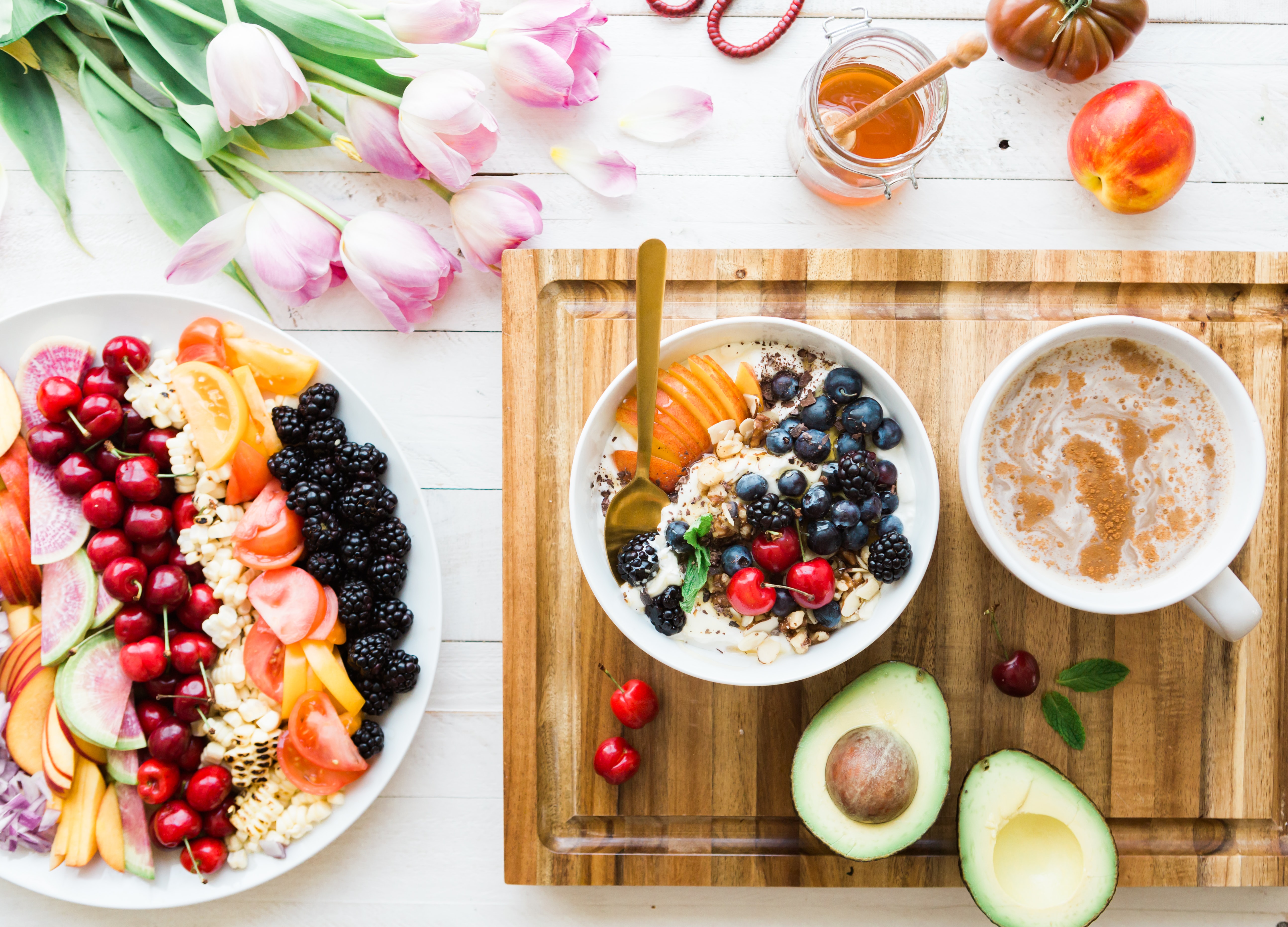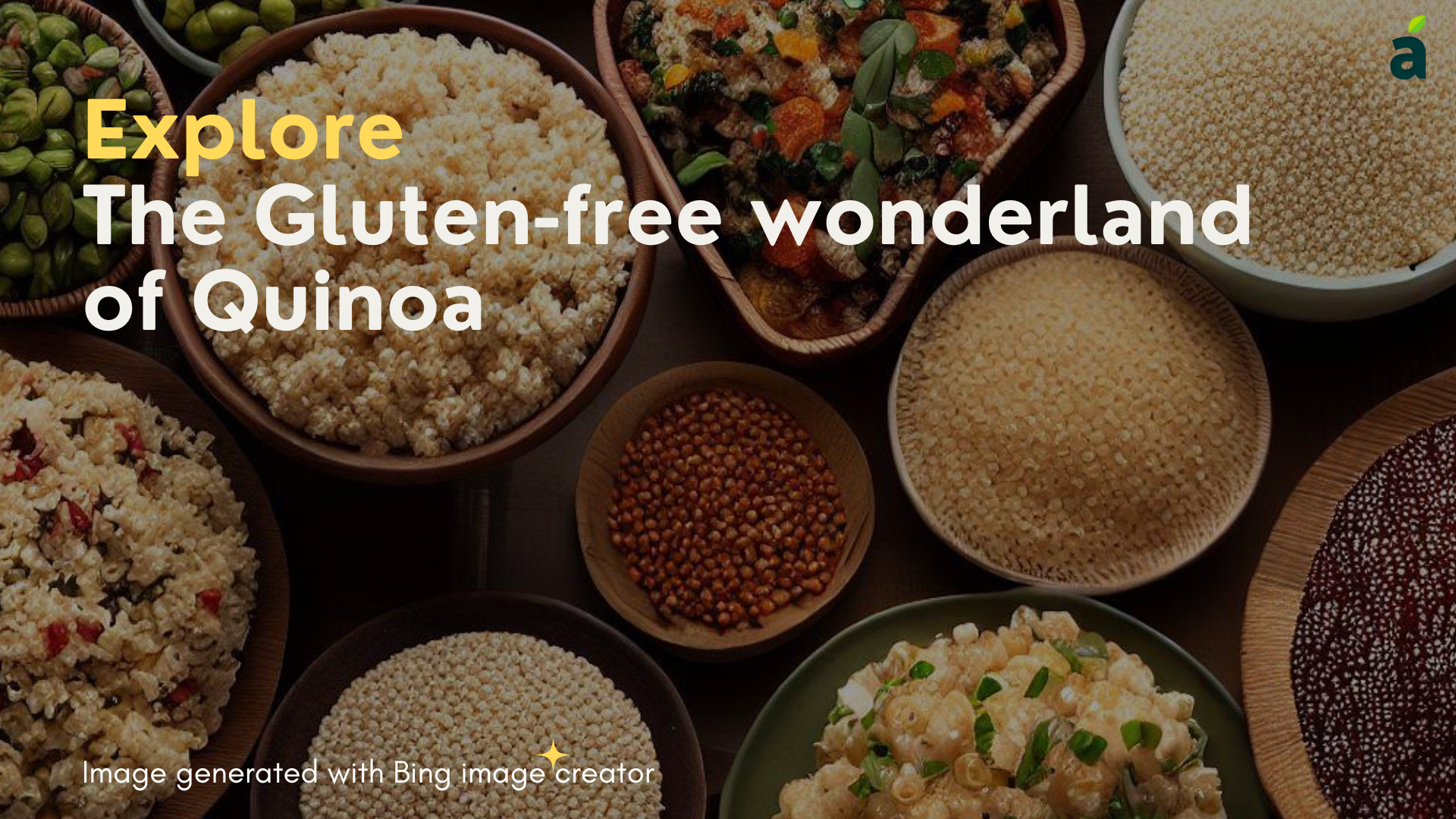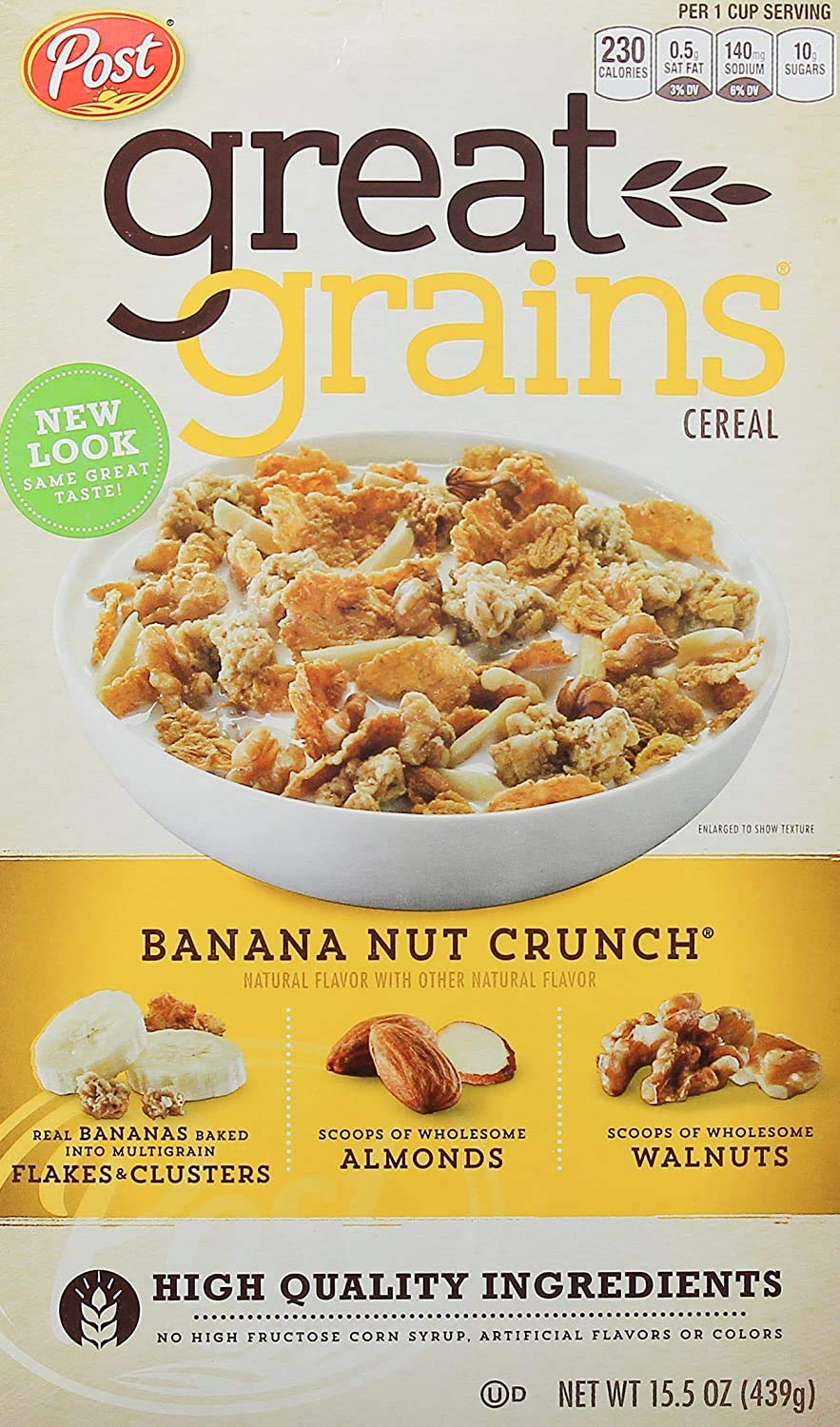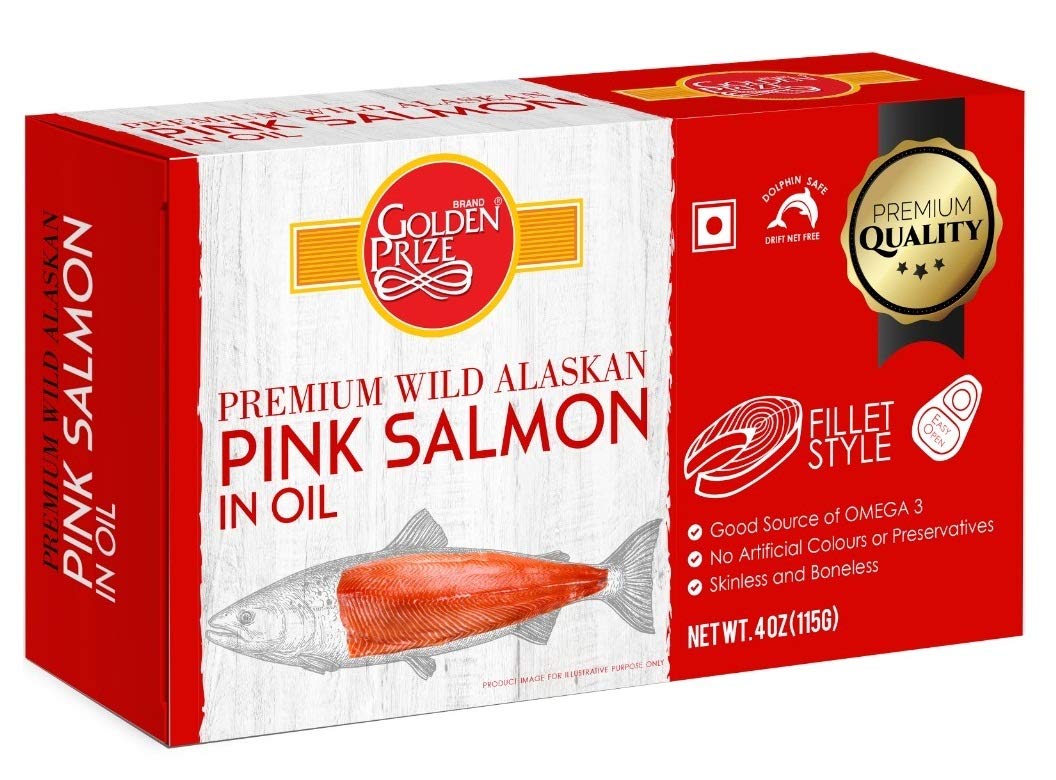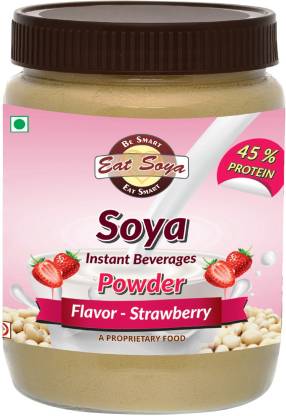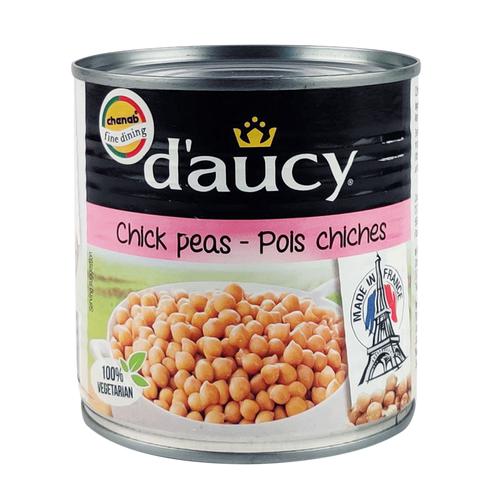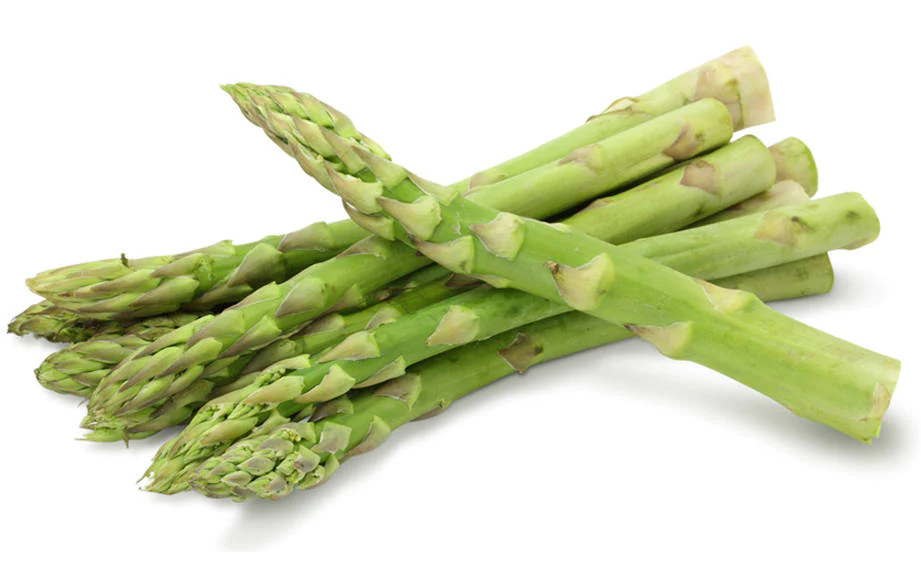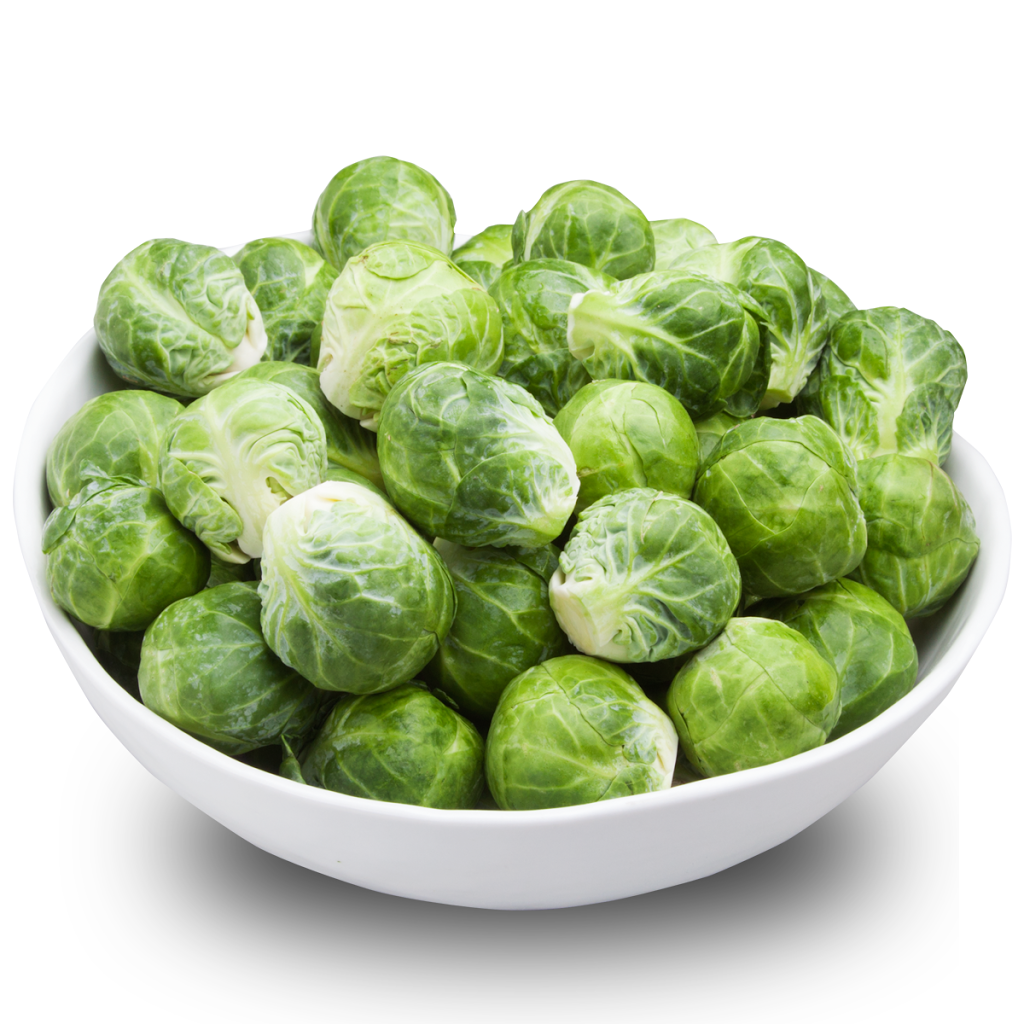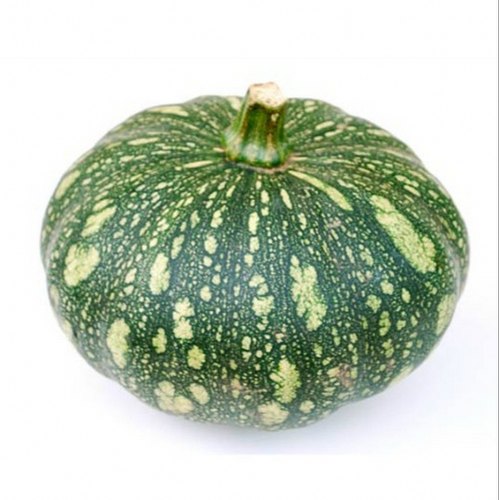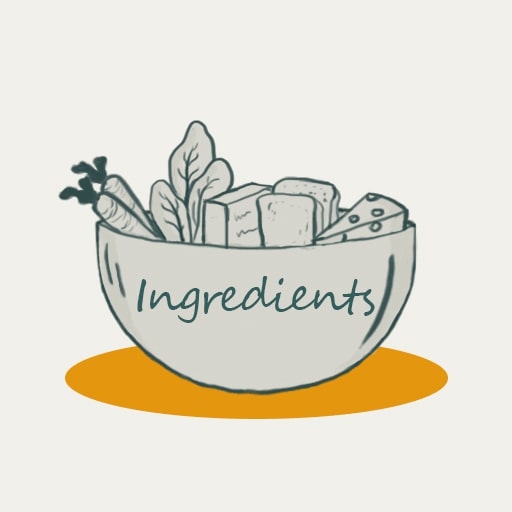Keeping a strict gluten-free diet is a lifelong necessity for people with celiac disease. The costs of prepared gluten-free foods are generally higher than the cost of the foods being replaced. The expense of following a gluten-free diet can be substantial, especially if your diet includes alternative foods that aren’t naturally gluten-free. Although you can always find alternatives to such foods so as not to go deficient in any particular nutrient.
Published Date January 24, 2003
Nutrients you’re missing on a gluten free diet
By Arpita Sudev
4 min read
Last update date: January 24, 2003
All about Vitamin B6, Iron, Vitamin B12 and gluten-free diet.
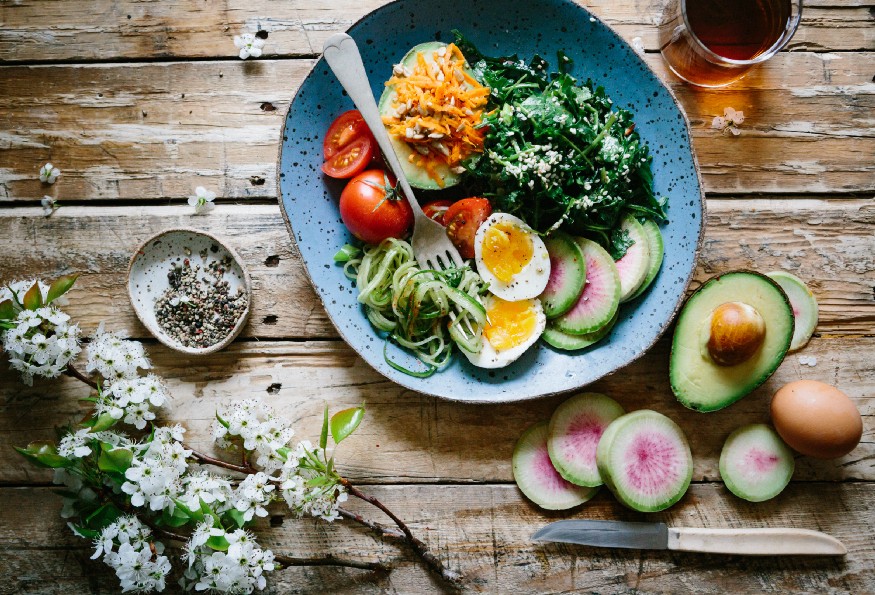
Celiac disease (CD) is a chronic systemic autoimmune disorder caused by permanent intolerance to gluten proteins in genetically susceptible individuals. According to research, Celiac Disease is thought to resemble a multisystem immunological disorder more than a disease restricted to the gastrointestinal tract.
People who eat gluten-free tend to be deficient in quite a few vitamins and minerals as their daily intake of nutrients may not meet the ideal intake. This is in part because gluten-free processed foods often aren’t supplemented with extra nutrients. Once you’ve adapted your diet to address CD, the intestine generally heals and recovers from any damage caused by gluten and should improve over a period of time. Adjusting to a modified diet can create another issue with getting the daily nutrients your body needs because of reduced intake. Gluten-containing grain products are commonly enriched or fortified with vitamins and minerals, but very few gluten-free grain products are supplemented with missing vital nutrients.
Malabsorption of iron, folate, and calcium is common among people suffering from CD, as these nutrients are absorbed in the proximal small bowel. It has been reported that the frequency of iron deficiency among CD-suffering patients varies from 12% to 69%.
Nutrients you may need to boost include:
- Vitamin B6: It helps maintain a normal amount of chemical reactions of amino acids in your blood for a stronger immune system. You can get significant amounts of B6 from chickpeas, tuna, salmon, chicken breast, and turkey. One medium banana has 20% of the vitamin B6 you need each day.
- Folate: Folate is an essential nutrient that plays a crucial role in red blood cell formation and it is essential for healthy cell growth and function. Think green to boost your folate levels if you follow a gluten-free diet. Peanuts, spinach, asparagus, and brussels sprouts all are high in nutrients, as are green peas and broccoli.
- Vitamin D: The “sunshine vitamin” helps regulate the amount of calcium and phosphate in the body. These nutrients are needed to keep bones, teeth, and muscles healthy. Studies have shown that people with celiac disease are especially prone to vitamin D deficiencies. Unfortunately, there are very few food sources that contain vitamin D. Swordfish and sockeye salmon, contain substantial amounts. One egg yolk contains about 10% of the vitamin D you need each day. One can look for products fortified with vitamin D (that includes most kinds of milk and yogurt, but be sure to purchase only gluten-free yogurt). Apart from dairy, you can also find some juices that are also fortified with vitamin D.
- Calcium: It helps form and maintains healthy teeth and bones. A proper level of calcium in the body over a lifetime can help prevent osteoporosis. Dairy products are great to make sure you get calcium if you avoid gluten. Since calcium helps build strong bones and osteoporosis is a major risk for celiacs, it could pay off to up the calcium quotient in your daily diet.
- If you eat dairy, there are multiple sources with ample calcium. But if you avoid dairy along with gluten, you still can find calcium: just look for tofu or canned fish with bones. Some orange juice brands also contain added calcium (just like vitamin D-fortified products).
- Iron: It’s an essential mineral needed for growth and development. It helps carry oxygen in the bloodstream. Meat i.e. beef, turkey, and oysters contain plenty of iron, while tuna contains some iron. If, on the other hand, you follow a gluten-free vegetarian diet, you can obtain iron from soybeans and legumes. Just make sure to find safe sources of gluten-free soy and gluten-free beans, as these can be cross-contaminated with gluten.
- Fat-soluble vitamins such as A, E, and K: These fat-soluble vitamins are essential for the normal functioning of the immune system, digestive system, blood clotting mechanisms, and more. Vitamin A food sources include fatty fish and liver, as well as green leafy vegetables, yellow & orange fruits, and vegetables like carrots and cantaloupe. Vitamin E is abundant in nuts and wheat germ oil. For those who are allergic to nuts or gluten-free, other sources include spinach, broccoli, kiwi, and mangoes.
- Vitamin B12: It helps in fighting your fatigue. Helps keep your body’s blood and nerve cells healthy and helps make DNA, the genetic material in all of your cells. Vitamin B12 also helps in preventing megaloblastic anemia. There are gluten-free cereals on the market, some of which are fortified with vitamins and minerals. Meat, fish, and dairy products tend to be the best source of vitamin B12, which is why vegetarians and vegans often are more deficient.
- Thiamine, Riboflavin, and Niacin (Vitamin B series): It helps in converting the food you eat into energy. Beans tend to be a good source of thiamine. For riboflavin, meanwhile, you can turn to dairy products: a glass of milk or a cup of yogurt. Meat also is a good source of riboflavin for people who are non-vegetarian. Finally, for niacin, all types of meat, poultry, fish, and dairy are high in this essential nutrient. If you follow a vegetarian or vegan diet, look to mushrooms, pumpkin, squash seeds, peanuts, or beans to get the niacin you need each day.
Takeaway…
Keep reading
Related Items
Choose Healthy With Us.
Know the real truth about your food. Stay informed and healthy, for free.
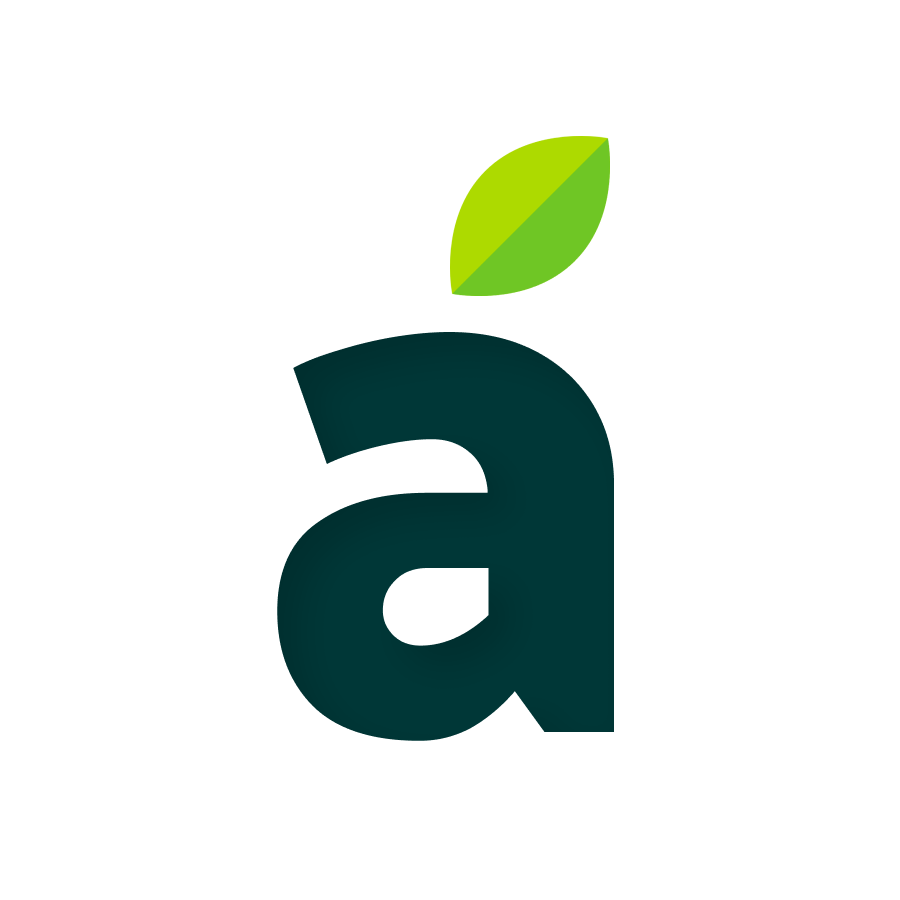
Download the App Now
Certified nutritionists trust our food recommendations. Safe to say, so can you :)




